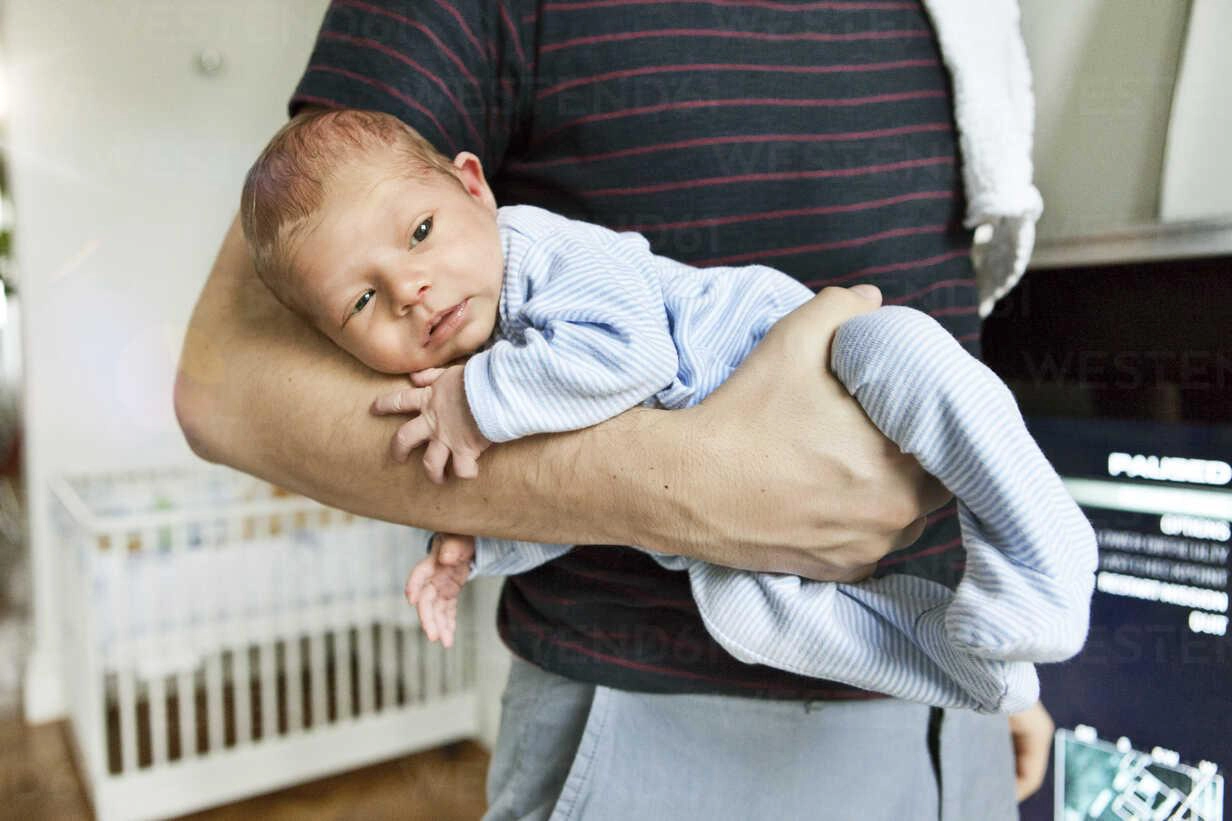Surrogacy in Norway is prohibited. The prohibition is contained in two Acts: the Children and Parents Act, 1981 and the Medical Human Use and Biotechnology Act, 2003. Follow through the article to discover what are the options for Norwegian intended parents regarding the surrogacy journey.
Managing a surrogacy procedure is time-consuming and expensive, especially if intended parents follow this path on their own and seek solutions abroad. Most Norwegian parents(-to-be) choose international surrogacy agencies as a safer option to start their parenthood journey.
The agency fees cover several aspects of the surrogacy path that are:
However, even if the program succeeds abroad, Norwegian parents must keep in mind that even if they obtain a child’s birth certificate in which they are the legitimate parents of one, they must be prepared to establish their paternity rights at the Norwegian Embassy again. Technically, it means DNA analysis, genetic surveys, and legal advice; financially, it means extra expenses.
Norwegian law has established a two-tier system against surrogacy:
If a Norwegian woman moves to another country and becomes a surrogate mother herself, she is still considered the child’s mother. In case local citizens conclude a surrogacy agreement with a national of another country, a baby born due to such an arrangement abroad will have an uncertain legal status. In other words, it won’t be easy to obtain citizenship and residence in Norway. The government openly warns its residents regarding this subject. In Norway, IVF medical clinics only perform natural interventions to fertilize the mother’s eggs with the father’s sperm without donor assistance.
Regarding parenting rights for same-sex couples, in 2009, Norway passed legislation that secured equal marriage and parenting rights for lesbian, gay, and heterosexual couples, including the right to apply for adoption.
However, the surrogacy process’s subject remains unavailable for representatives of the LGBT community in Norway. In pursuit of their dream, same-sex couples are considering options for international surrogate agencies. While in America and Canada, these services’ price is as high as six-figure, Colombia and Mexico provide convenient pricing policies and government loyalty.
In Norway, legal regulations upon surrogacy are stringent. Unable to fulfil their dreams of parenthood in their own country, Norwegian couples and singles are forced to seek a solution abroad. However, the number of infertile couples in Norway has been increasing significantly from year to year. Until local authorities move towards resolving the issue, international surrogate agencies are ready to help intended parents.



